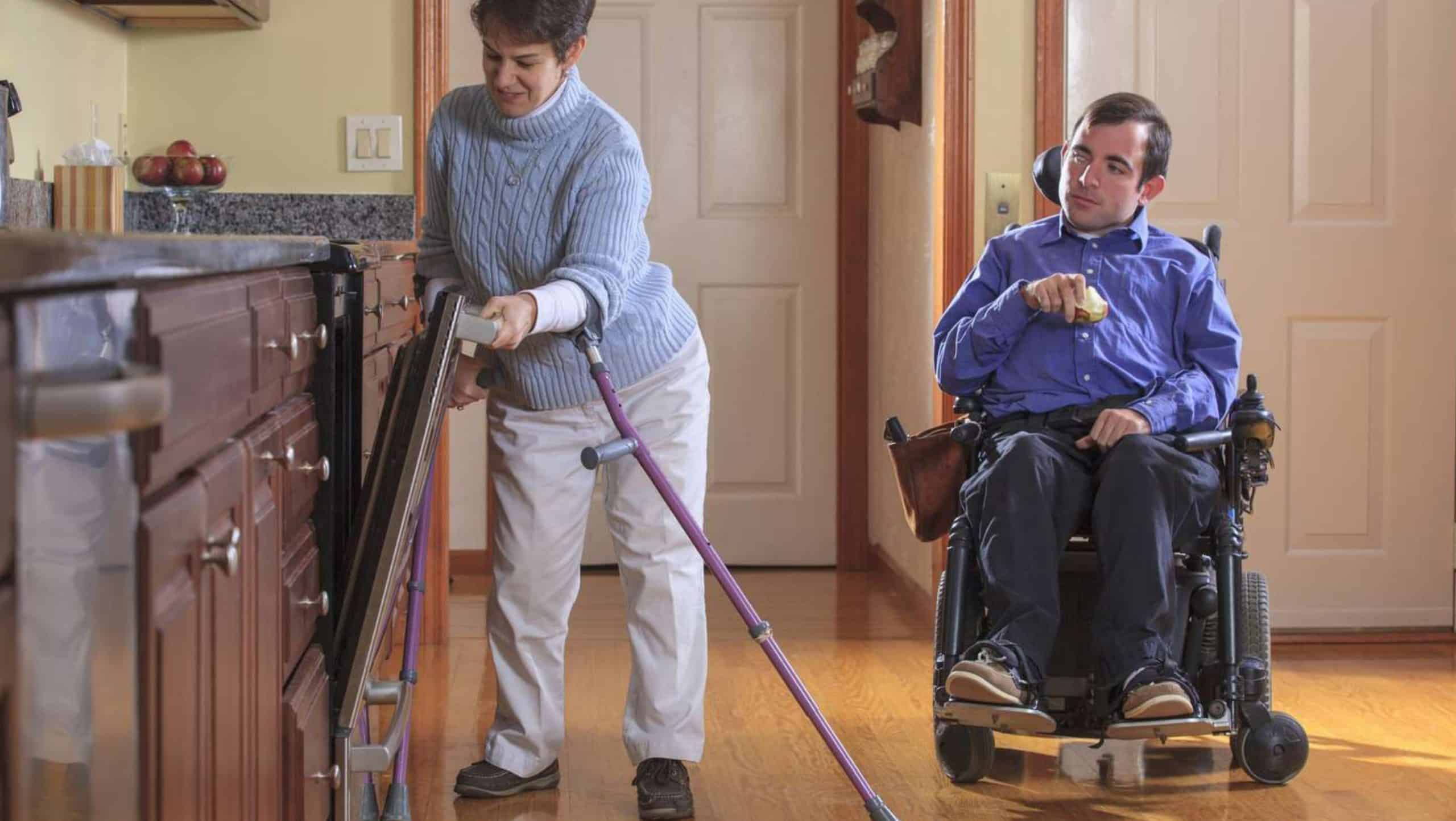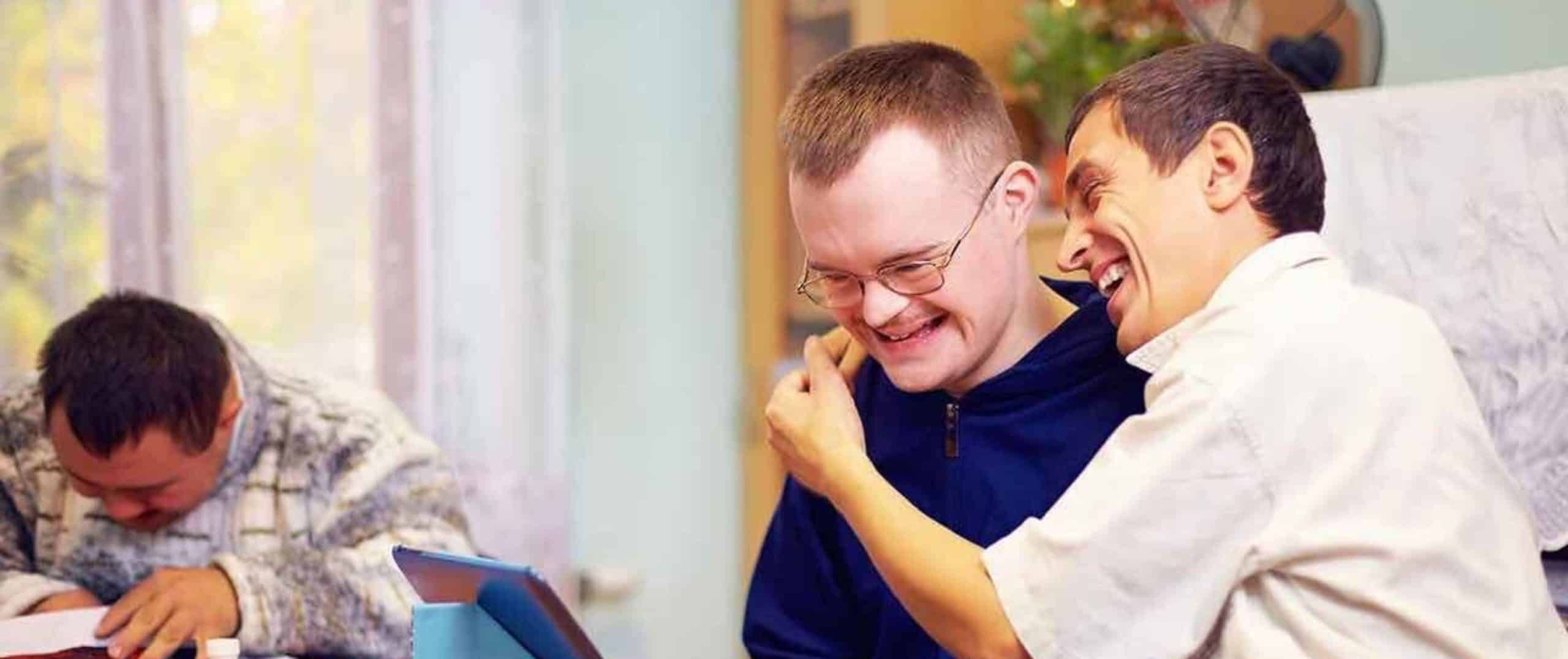Mental Health Pay Gap
This blog post delves into the disparity between those who are disabled and cannot afford self-paid mental health counselling and those who are employed and can.
Introduction
Mental health is an invaluable aspect of overall well-being, and access to mental health counselling is a fundamental right. However, a stark contrast exists in the United Kingdom between those who can comfortably afford counselling and those who face insurmountable financial barriers.
This article aims to underscore a pressing concern: individuals with disabilities who depend on Personal Independence Payment (PIP) often cannot afford mental health counselling, while those employed have the means to access it.
The crux of the matter is this – it is time to prioritise priority access to NHS mental health counselling for disabled individuals.
The Struggle of Those on PIP
Living with a disability presents numerous challenges, and one of the most significant hurdles is access to essential mental health care. People reliant on PIP, often due to the additional costs associated with their disabilities, are severely disadvantaged when affording mental health counselling.
Financial Constraints
The financial constraints faced by those on PIP are multifold. They must contend with the daily costs of assistive equipment, care, and therapies, not to mention higher expenditures on essential goods and services like heating, food, and transportation. These additional costs, which can amount to hundreds of pounds each month, burden their already limited incomes immensely.
Mental Health Impact
The strain of financial hardship exacerbates the mental health challenges faced by disabled individuals. Social isolation, coupled with the constant worry of making ends meet, often leads to heightened stress and anxiety levels. As the cost of living in the UK continues to rise, the mental health struggles of those on PIP intensify.
Priority Access to NHS Mental Health Counselling
The crux of the issue lies in the glaring disparity between individuals with disabilities who cannot afford mental health counselling and those who are employed and can. It is time to address this inequity by advocating priority access to NHS-funded mental health counselling for disabled individuals living on PIP.
Demographic Disparities
A vital facet of this discussion is the demographic disparities that emerge when examining mental health challenges. A substantial percentage of people on low incomes or solely reliant on PIP grapple with mental health problems due to the overwhelming stress of financial instability. Disabled individuals, already burdened by their disabilities, experience a higher prevalence of mental health issues compounded by social isolation and financial constraints.

The Vital Role of Counselling
Mental health counselling plays a pivotal role in alleviating these struggles. It is a lifeline that can provide much-needed support, coping mechanisms, and a path to recovery. However, the cost of counselling creates a deep divide – those employed have the financial means to access these services independently, while disabled individuals struggle to find affordable options.
Advocating for Change
To bridge this mental health pay gap, it is essential to fast-track disabled individuals living on PIP to the front of the queue for NHS-funded counselling. This measure recognises their unique challenges and acknowledges the pressing need for equitable access to mental health care.
Conclusion
In the UK, disabled individuals living on PIP often find themselves on the wrong side of a mental health pay gap, where access to counselling is a luxury they cannot afford. Meanwhile, those employed have the privilege of seeking help without financial constraints. To address this profound inequity, priority access to NHS mental health counselling for disabled individuals is not just a solution; it is a moral imperative.
As we grapple with this issue, let us remember that empathy and understanding are the foundations upon which a fair and just society is built. Disabled individuals should not have to bear the weight of financial hardship while coping with their disabilities. We can take a significant step towards a more inclusive and compassionate society by prioritising access to mental health counselling.
Take away thoughts and questions from this article.
- What is the mental health pay gap, and why is it a significant concern?
- How do financial constraints impact the mental health of disabled individuals on PIP?
- What steps can be taken to ensure priority access to NHS-funded mental health counselling?
- Are there government initiatives aimed at addressing this issue?
- How can society work to reduce the stigma surrounding mental health disabilities and financial struggles?
Mental Health Pay Gap
This blog post delves into the disparity between those who are disabled and cannot afford self-paid mental health counselling and those who are employed and can.
Introduction
Mental health is an invaluable aspect of overall well-being, and access to mental health counselling is a fundamental right. However, a stark contrast exists in the United Kingdom between those who can comfortably afford counselling and those who face insurmountable financial barriers.
This article aims to underscore a pressing concern: individuals with disabilities who depend on Personal Independence Payment (PIP) often cannot afford mental health counselling, while those employed have the means to access it.
The crux of the matter is this – it is time to prioritise priority access to NHS mental health counselling for disabled individuals.
The Struggle of Those on PIP
Living with a disability presents numerous challenges, and one of the most significant hurdles is access to essential mental health care. People reliant on PIP, often due to the additional costs associated with their disabilities, are severely disadvantaged when affording mental health counselling.
Financial Constraints
The financial constraints faced by those on PIP are multifold. They must contend with the daily costs of assistive equipment, care, and therapies, not to mention higher expenditures on essential goods and services like heating, food, and transportation. These additional costs, which can amount to hundreds of pounds each month, burden their already limited incomes immensely.
Mental Health Impact
The strain of financial hardship exacerbates the mental health challenges faced by disabled individuals. Social isolation, coupled with the constant worry of making ends meet, often leads to heightened stress and anxiety levels. As the cost of living in the UK continues to rise, the mental health struggles of those on PIP intensify.

Priority Access to NHS Mental Health Counselling
The crux of the issue lies in the glaring disparity between individuals with disabilities who cannot afford mental health counselling and those who are employed and can. It is time to address this inequity by advocating priority access to NHS-funded mental health counselling for disabled individuals living on PIP.
Demographic Disparities
A vital facet of this discussion is the demographic disparities that emerge when examining mental health challenges. A substantial percentage of people on low incomes or solely reliant on PIP grapple with mental health problems due to the overwhelming stress of financial instability. Disabled individuals, already burdened by their disabilities, experience a higher prevalence of mental health issues compounded by social isolation and financial constraints.
The Vital Role of Counselling
Mental health counselling plays a pivotal role in alleviating these struggles. It is a lifeline that can provide much-needed support, coping mechanisms, and a path to recovery. However, the cost of counselling creates a deep divide – those employed have the financial means to access these services independently, while disabled individuals struggle to find affordable options.
Advocating for Change
To bridge this mental health pay gap, it is essential to fast-track disabled individuals living on PIP to the front of the queue for NHS-funded counselling. This measure recognises their unique challenges and acknowledges the pressing need for equitable access to mental health care.

Conclusion
In the UK, disabled individuals living on PIP often find themselves on the wrong side of a mental health pay gap, where access to counselling is a luxury they cannot afford. Meanwhile, those employed have the privilege of seeking help without financial constraints. To address this profound inequity, priority access to NHS mental health counselling for disabled individuals is not just a solution; it is a moral imperative.
As we grapple with this issue, let us remember that empathy and understanding are the foundations upon which a fair and just society is built. Disabled individuals should not have to bear the weight of financial hardship while coping with their disabilities. We can take a significant step towards a more inclusive and compassionate society by prioritising access to mental health counselling.

Conclusion
The mental health pay gap is an alarming indicator of the stark inequalities present in our society. It is a divide that has persisted, largely unaddressed, for far too long.
The very essence of this disparity lies in the financial limitations that disabled individuals on PIP grapple with daily.
While it is undeniable that their disabilities present unique challenges, it is the burden of additional costs that exacerbates their plight.
These individuals’ financial constraints extend far beyond the visible expenses of assistive equipment and specialised care.
They permeate every aspect of their lives, from choosing between heating their homes or putting food on the table to the agonising decisions about prioritising transportation costs over essential medical treatments.
The weight of these choices often leads to mental health challenges that compound the already complex web of disabilities.
Fast-tracking disabled individuals living on PIP to the front of the queue for NHS-funded counselling is not an act of charity; it is an act of justice.
It is an acknowledgement that financial hardship should not be an insurmountable obstacle to mental well-being. It is a commitment to dismantling the mental health pay gap perpetuating societal inequality.
The Path Forward
The path forward is clear. It begins with acknowledging the mental health pay gap as a pressing social issue that demands our attention and collective action.
It entails advocating for policies prioritising priority access to mental health counselling for disabled individuals on PIP.
It involves breaking down the economic barriers that deny them the care they need and deserve.
As we conclude this journey, remember that our society is defined by how it treats its most vulnerable members. It is our moral imperative to ensure that disabled individuals, regardless of their economic circumstances, have the opportunity to access the mental health care they require.

May I just say what a relief to discover
a person that truly understands what they’re talking about online.
You certainly know how to bring an issue
to light and make it important. More people really need to look at
this and understand this side of the story. I was surprised that you are not more popular since you
certainly possess the gift.
Good post! We will be linking to this particularly great post on our site. Keep up the great writing
Nice post. I learn something totally new and challenging on websites
Wow superb blog layout How long have you been blogging for you make blogging look easy The overall look of your site is magnificent as well as the content